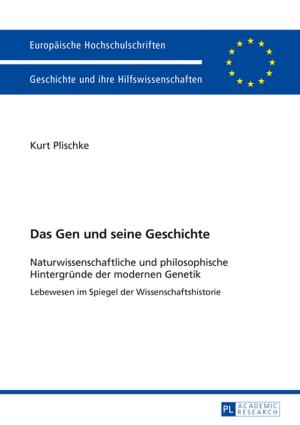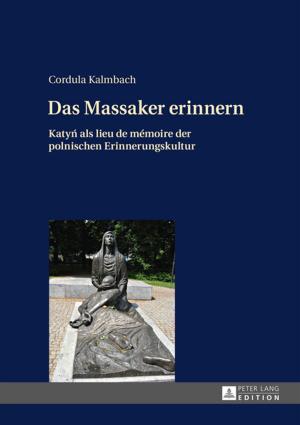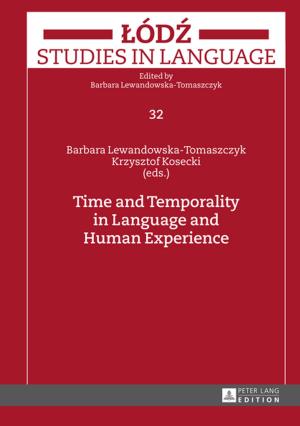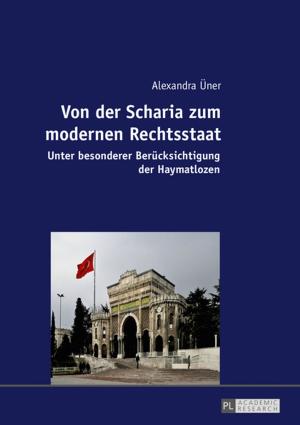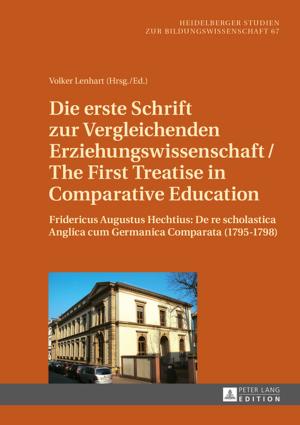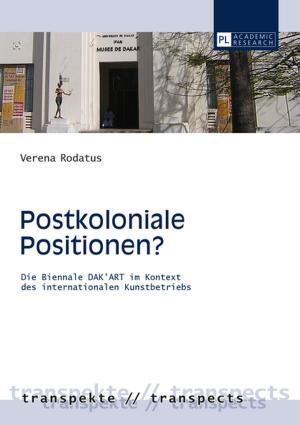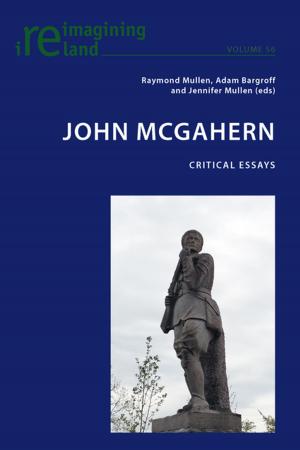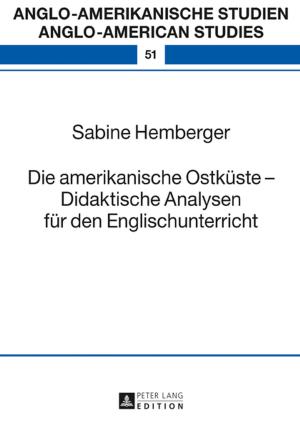Syntactic Dislocation in English Congregational Song between 1500 and 1900
A Corpus-based Study
Nonfiction, Reference & Language, Study Aids, ESL, Language Arts, Linguistics, Foreign Languages| Author: | Kirsten Gather | ISBN: | 9783653994414 |
| Publisher: | Peter Lang | Publication: | July 7, 2014 |
| Imprint: | Peter Lang GmbH, Internationaler Verlag der Wissenschaften | Language: | English |
| Author: | Kirsten Gather |
| ISBN: | 9783653994414 |
| Publisher: | Peter Lang |
| Publication: | July 7, 2014 |
| Imprint: | Peter Lang GmbH, Internationaler Verlag der Wissenschaften |
| Language: | English |
A famous English hymn does not start with He who would be valiant, but He who would valiant be with valiant in dislocated position in the clause. The aim of this study is to analyse syntactic dislocation in English congregational song between 1500 and 1900 and to examine its motivations and developments. Poetic factors, like metre and rhyme, can be assumed as primary causes. Moreover, two contrasting dislocation patterns emerge, which show the interplay of poetic requirements and syntactic criteria. The first pattern occurs mainly in metrical psalms, while the second pattern is typical of hymns. With these patterns as a basis of comparison, syntactic dislocation is a decisive factor that makes congregational song conservative both compared to secular poetry and to religious prose.
A famous English hymn does not start with He who would be valiant, but He who would valiant be with valiant in dislocated position in the clause. The aim of this study is to analyse syntactic dislocation in English congregational song between 1500 and 1900 and to examine its motivations and developments. Poetic factors, like metre and rhyme, can be assumed as primary causes. Moreover, two contrasting dislocation patterns emerge, which show the interplay of poetic requirements and syntactic criteria. The first pattern occurs mainly in metrical psalms, while the second pattern is typical of hymns. With these patterns as a basis of comparison, syntactic dislocation is a decisive factor that makes congregational song conservative both compared to secular poetry and to religious prose.


